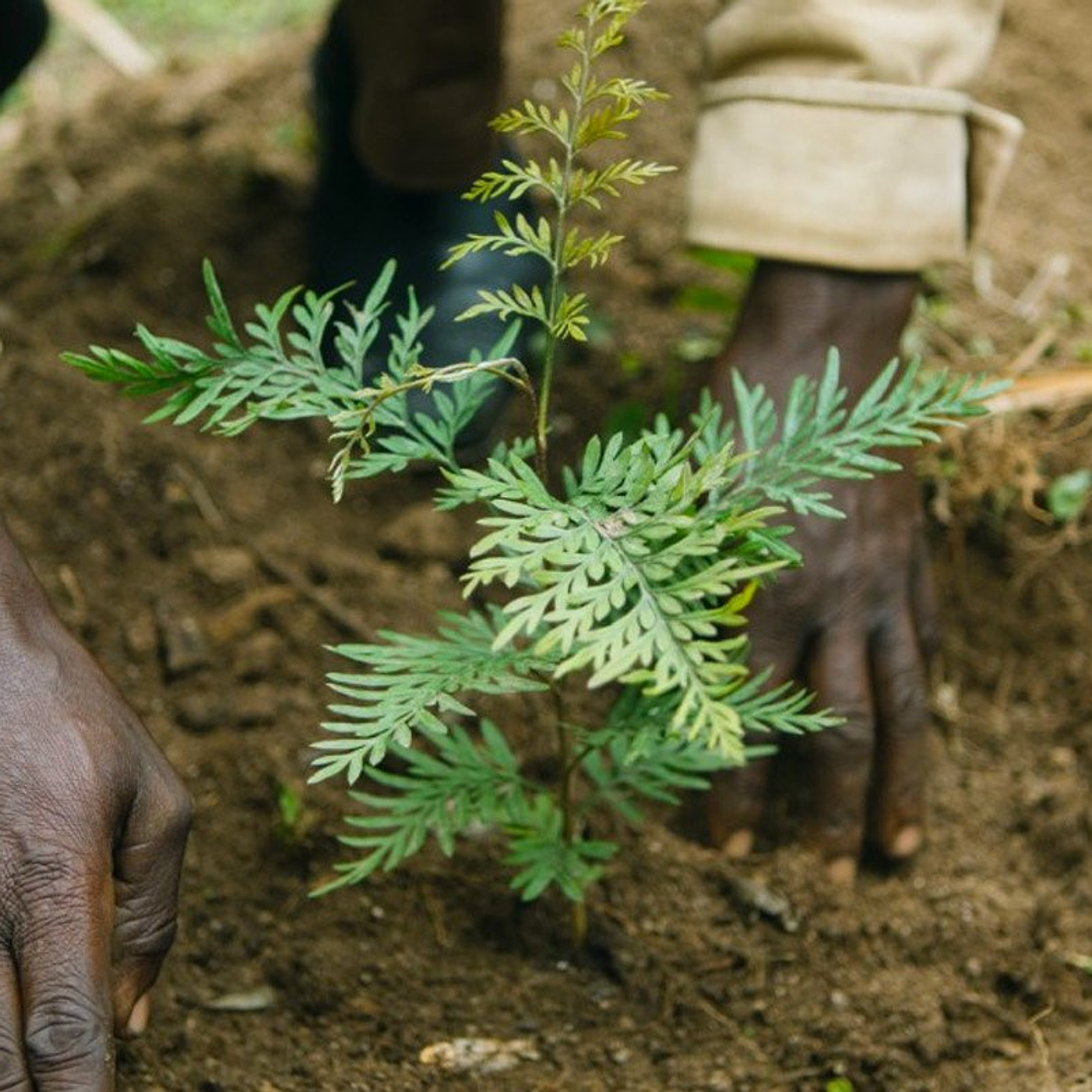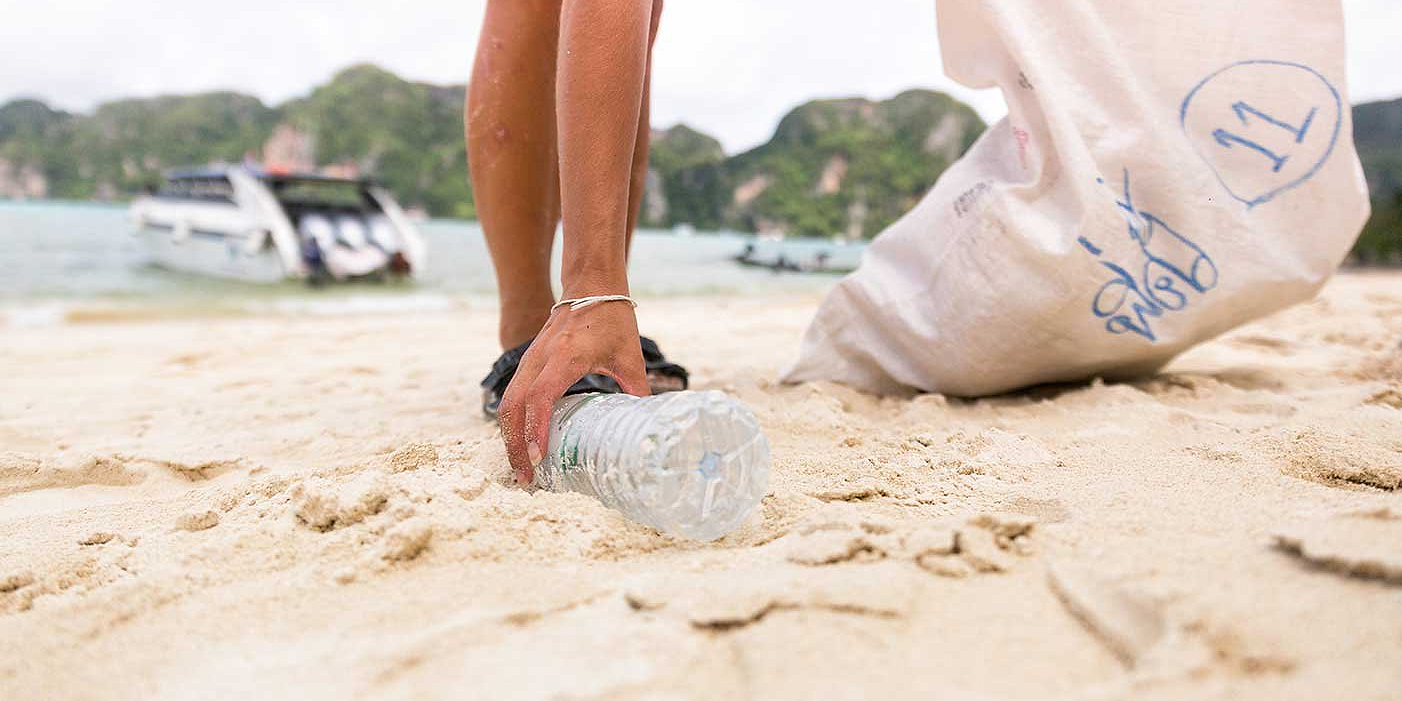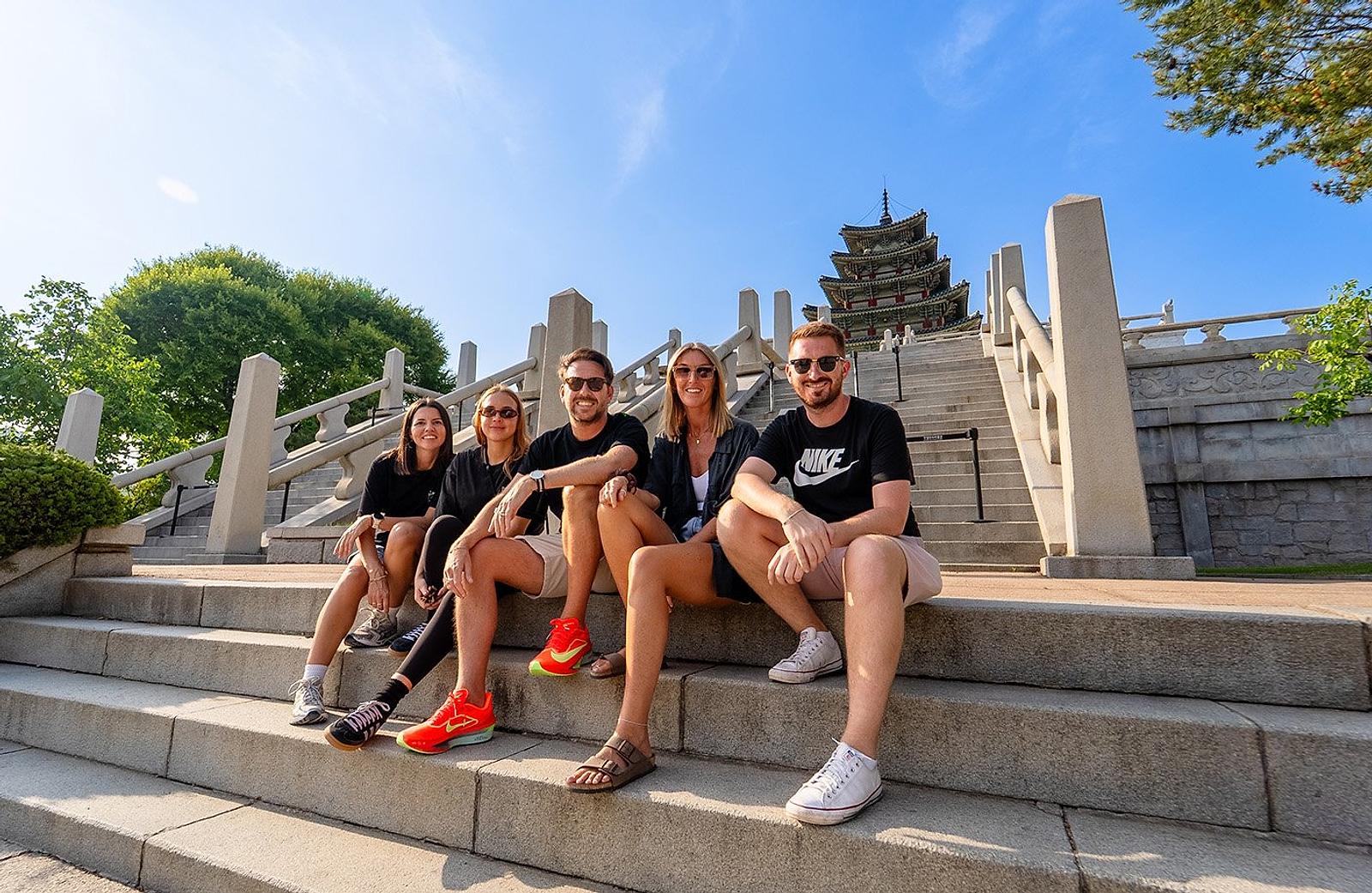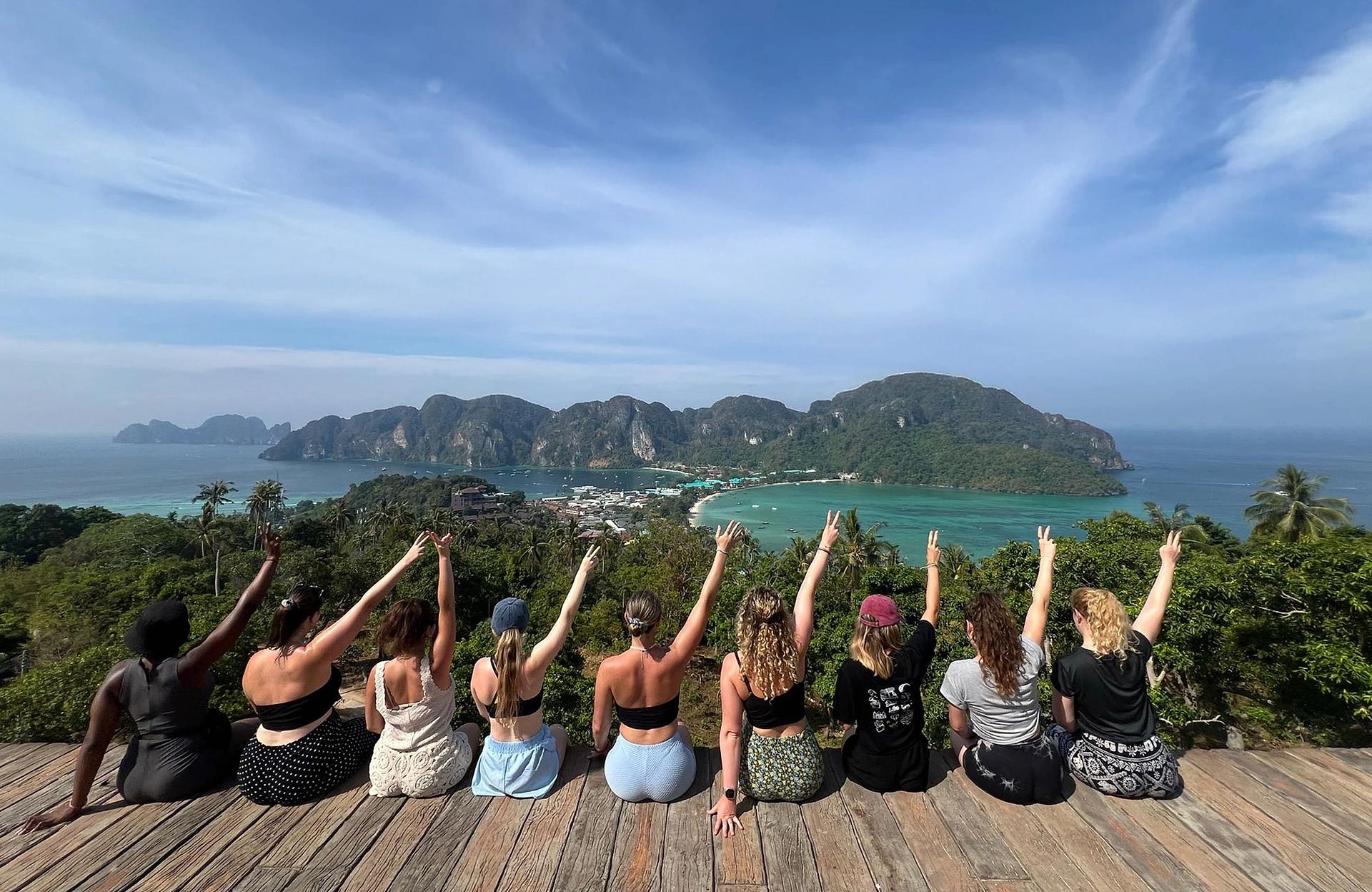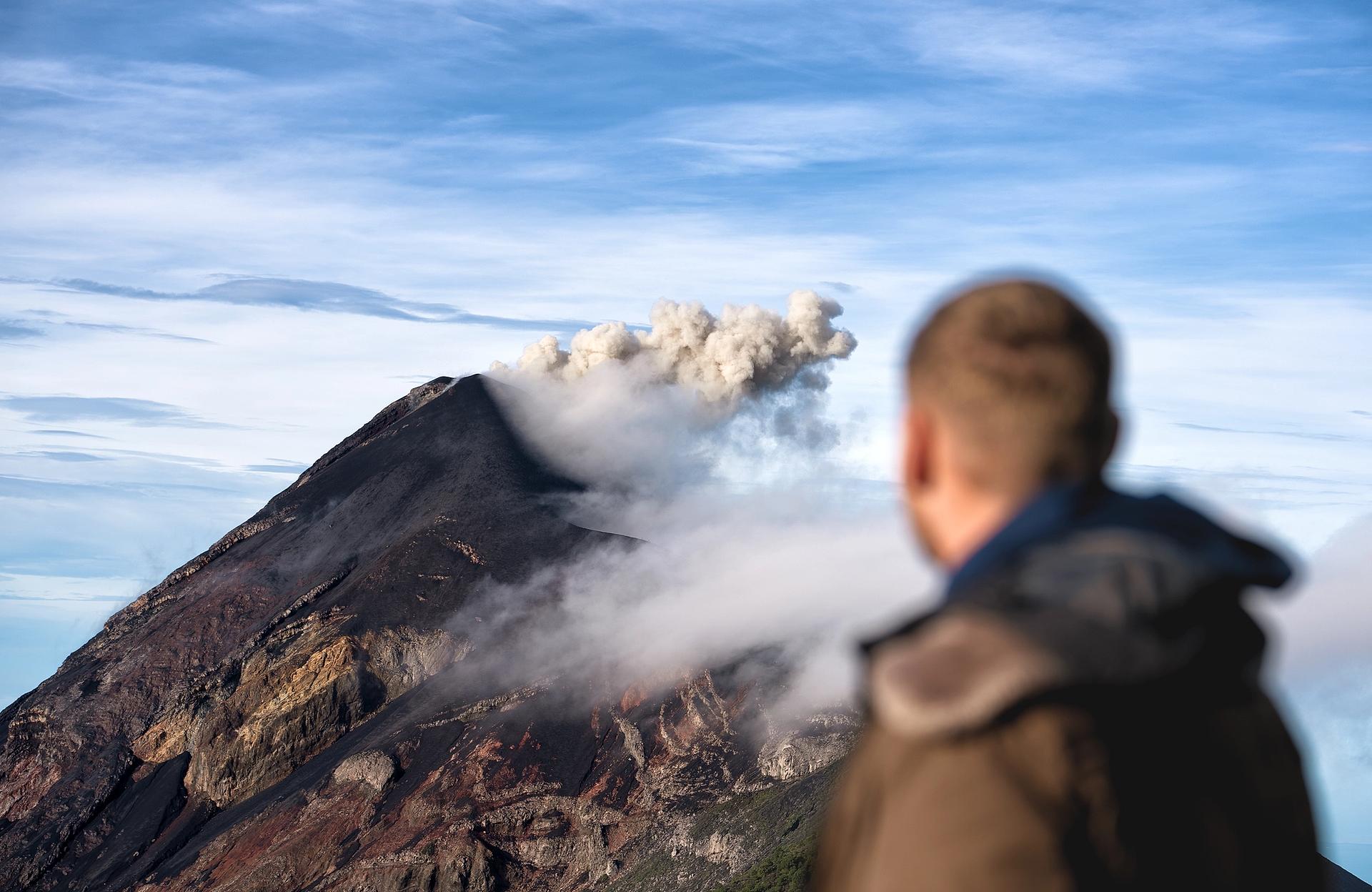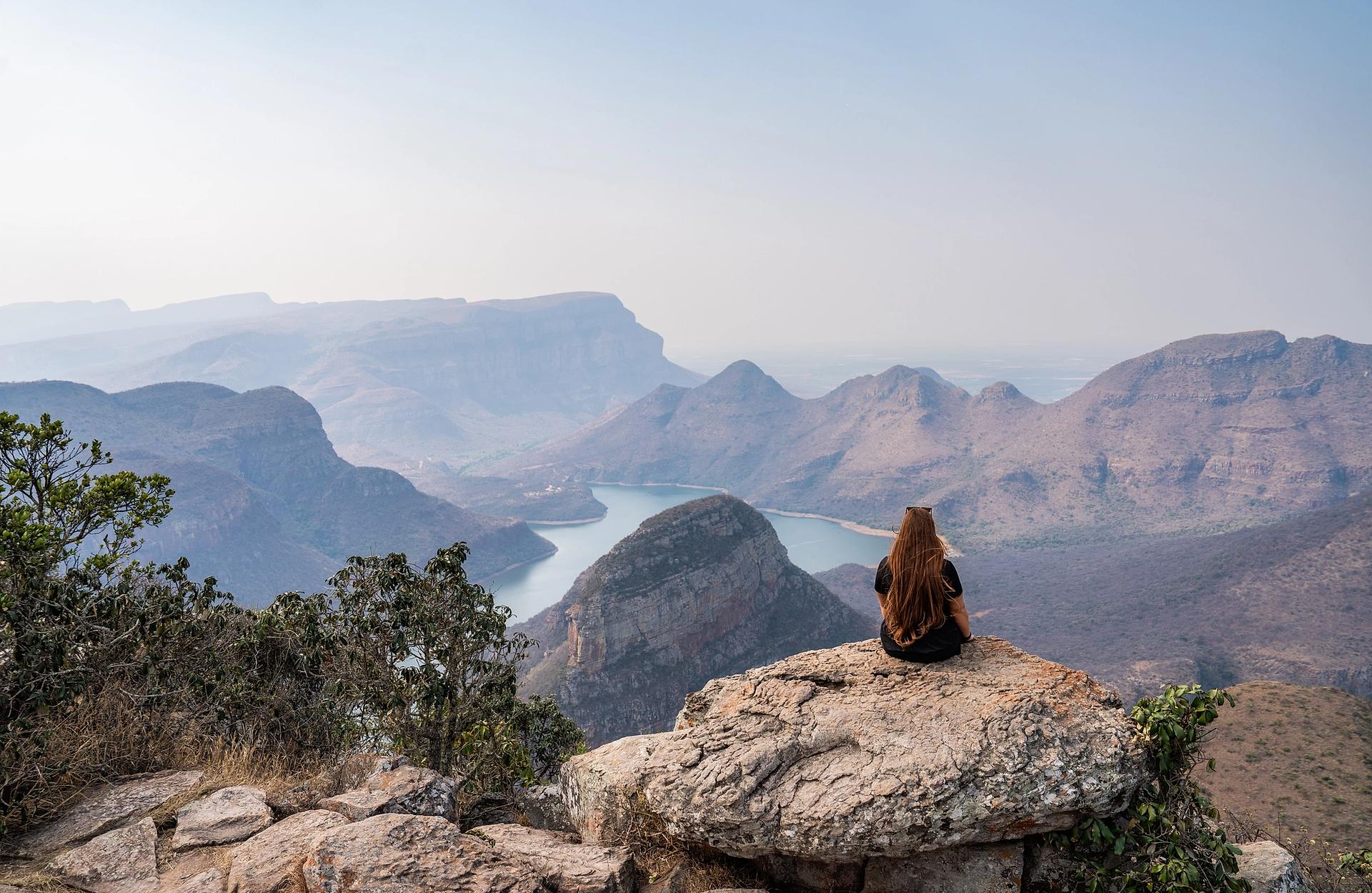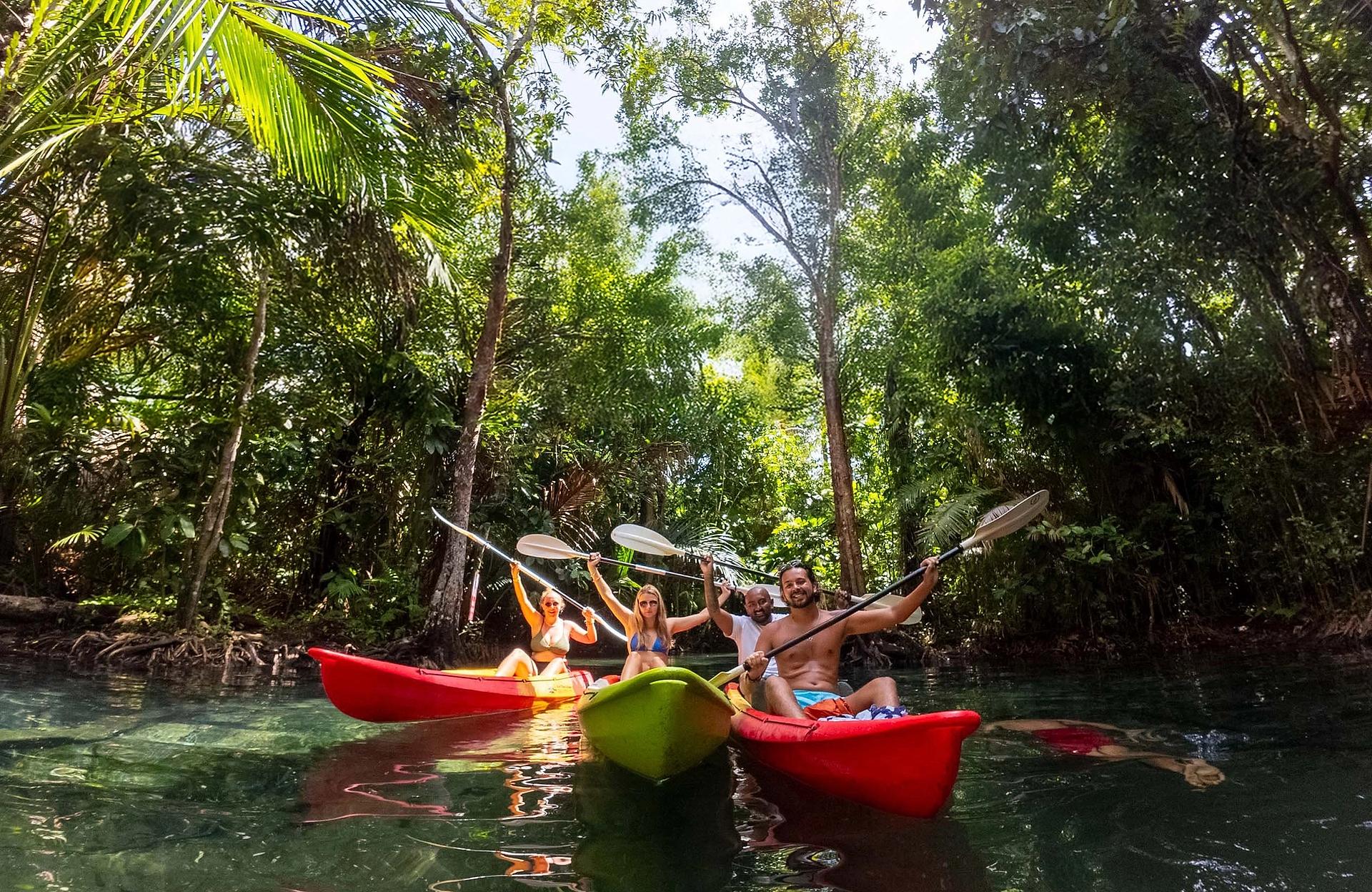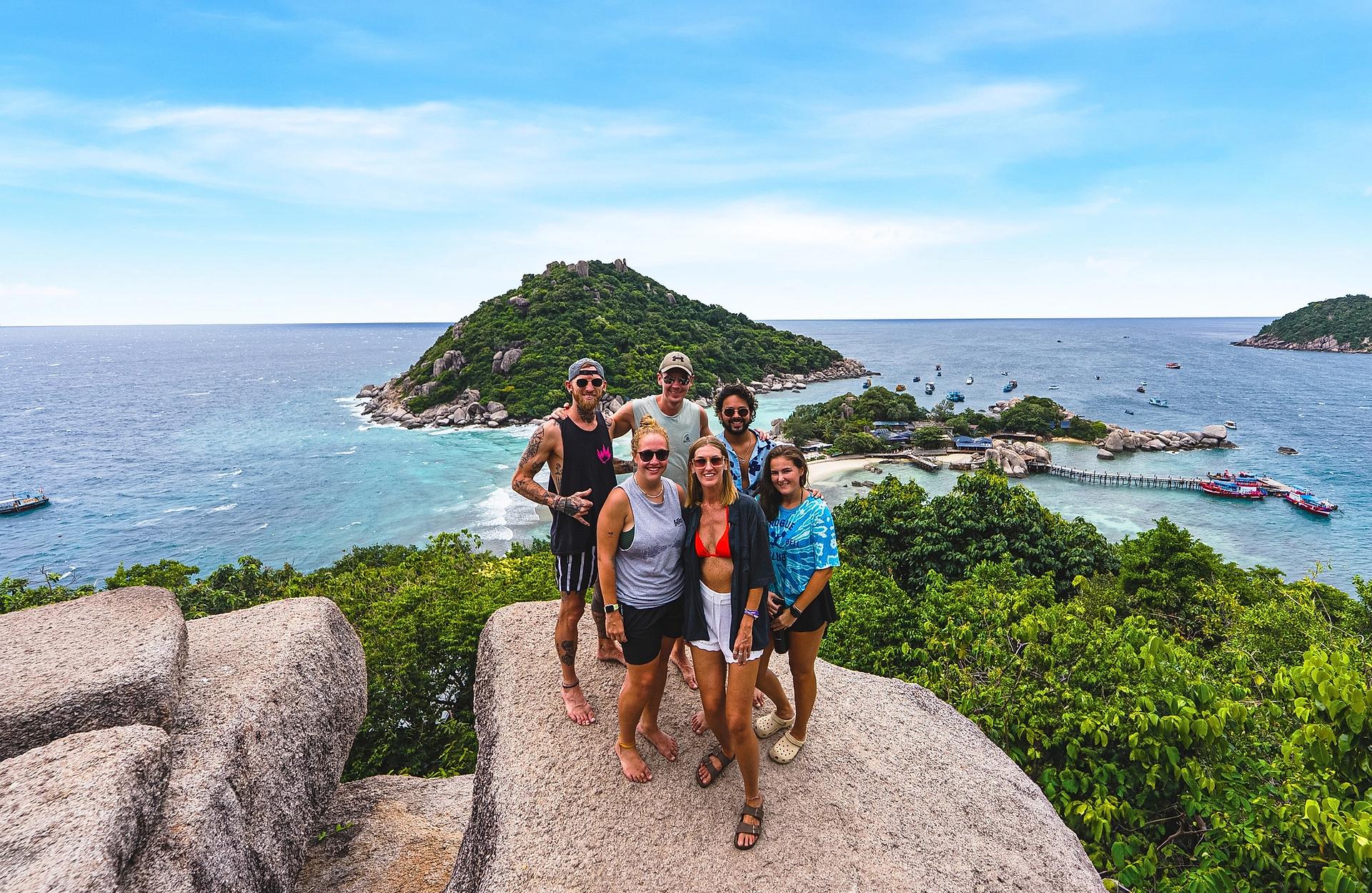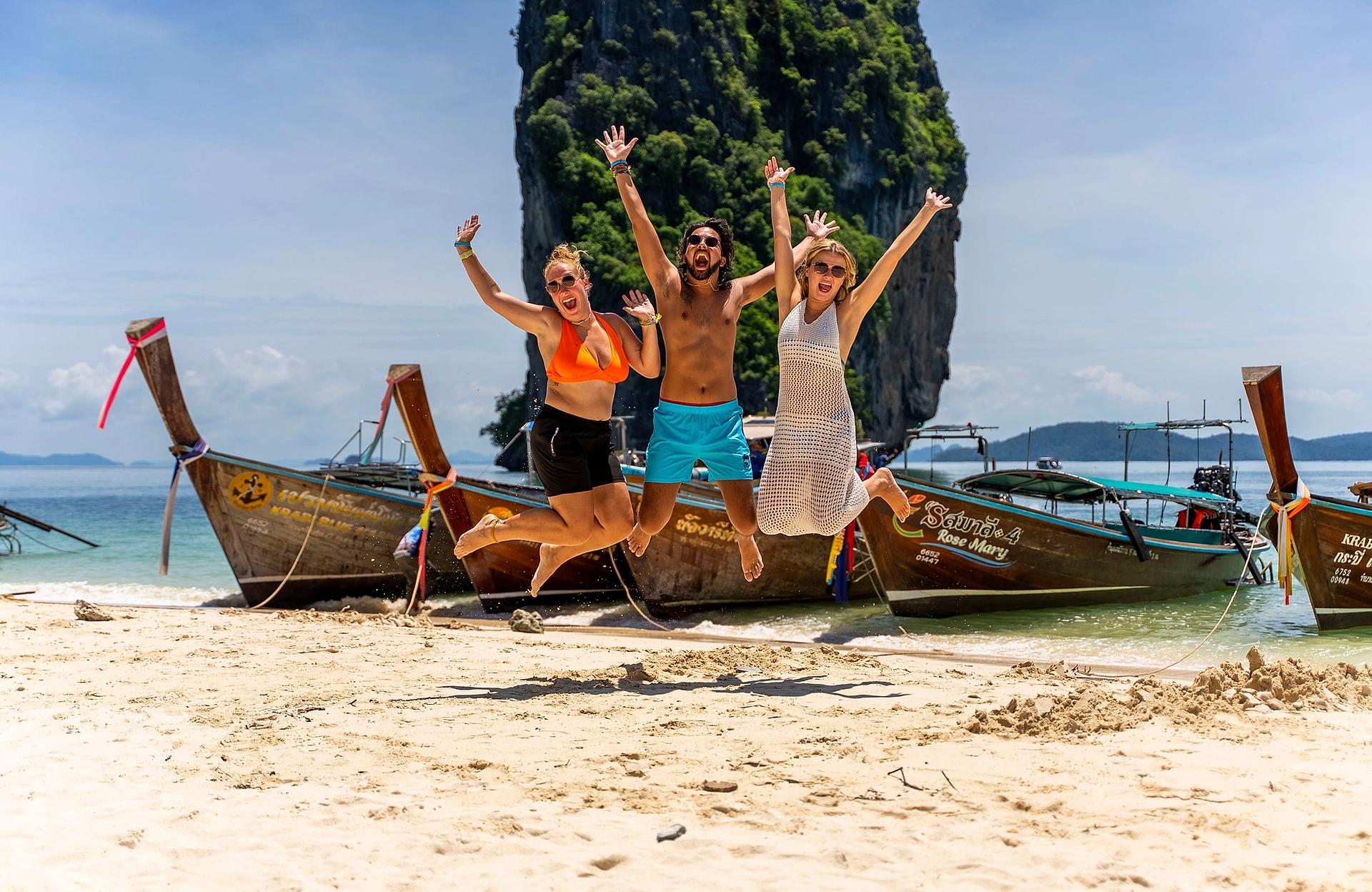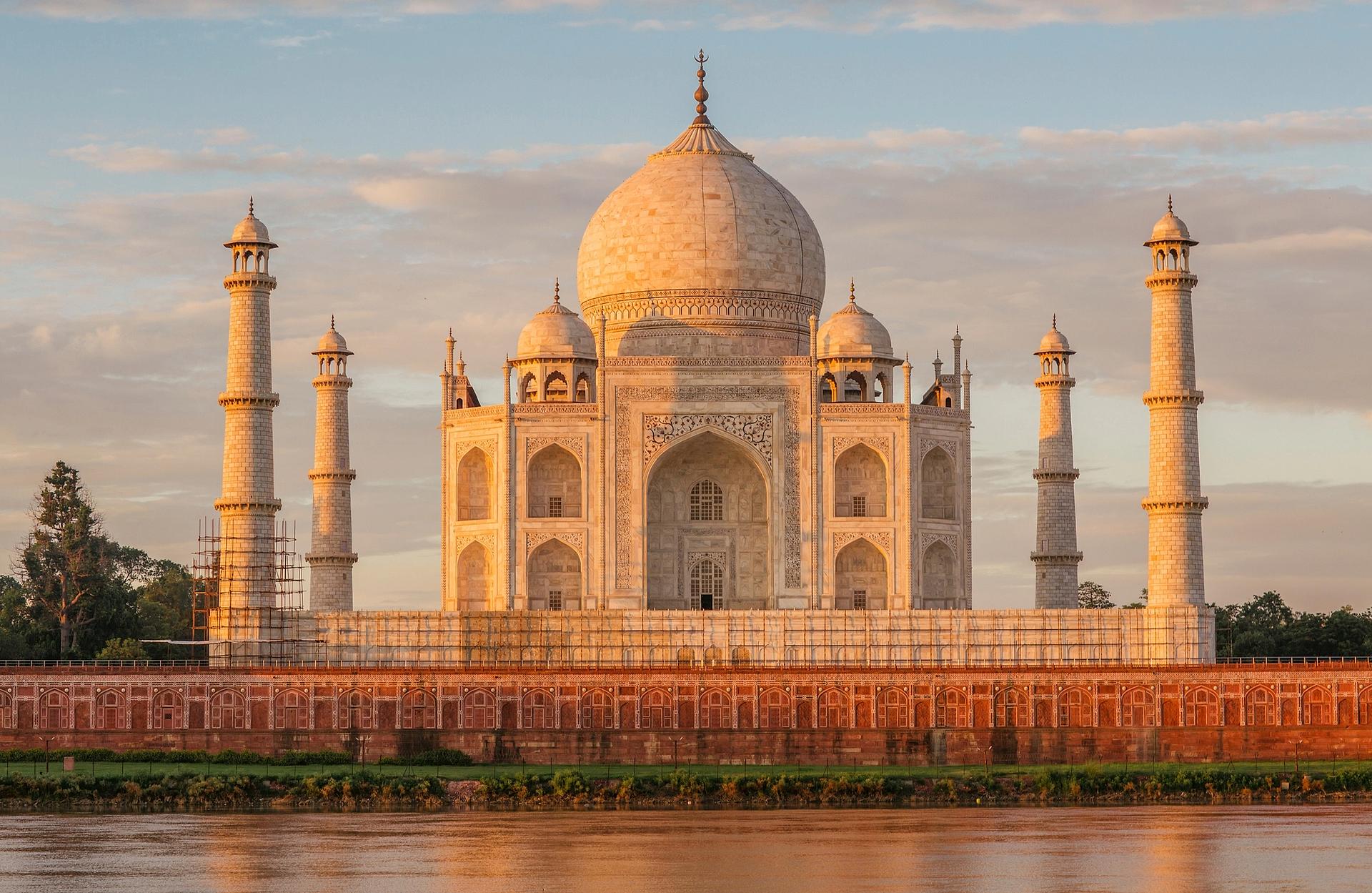Chichén Itzá is one of the most iconic and awe-inspiring archaeological sites in the world. As a UNESCO World Heritage site and one of the New Seven Wonders of the World, this ancient Mayan city has captivated travelers for centuries. Whether you’re drawn to its fascinating history, its stunning architecture, or its cultural significance, Chichén Itzá is an unmissable experience when exploring Mexico’s Yucatán Peninsula on our tour.
Before you set off on this once-in-a-lifetime adventure, there are a few things you should know to make the most of your visit - from the best time to go for you, to what to expect when you arrive. Let’s dive in.
